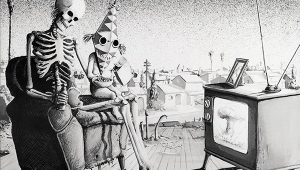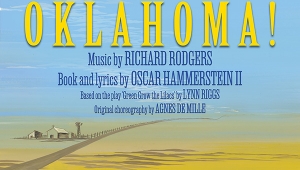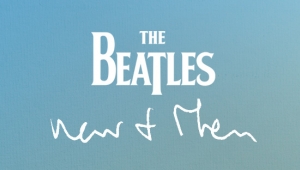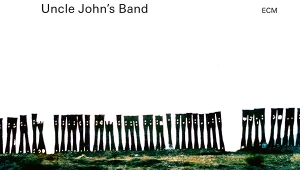| Columns Retired Columns & Blogs |
February 2021 Classical Record Reviews
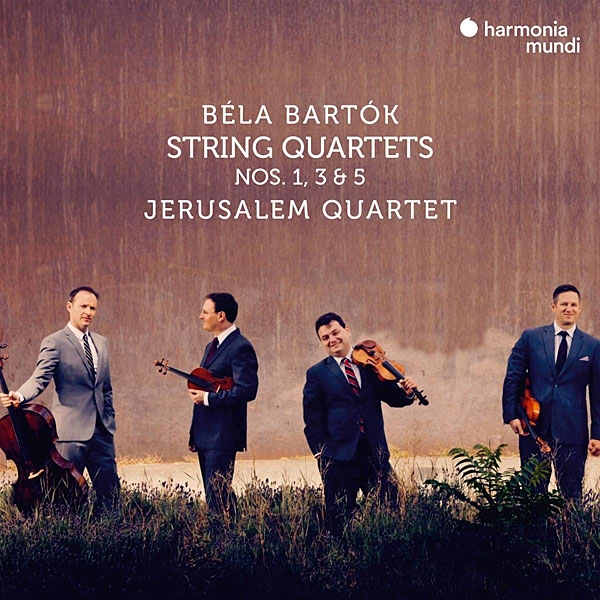
Béla Bartók: String Quartets Nos.1, 3 & 5
Jerusalem Quartet
Harmonia Mundi HMM902240 (CD). 2020. Martin Sauer, prod.; Julian Schwenkner, Thomas Bössl, engs.
Performance ****
Sonics ****
Jerusalem Quartet
Harmonia Mundi HMM902240 (CD). 2020. Martin Sauer, prod.; Julian Schwenkner, Thomas Bössl, engs.
Performance ****
Sonics ****
Bartók's string quartets trace the composer's stylistic evolution from rhyth-mically fluid dissonance to a more aggressive, fragmented idiom, taking in musical gestures that, through overuse and in lesser hands, would later become new-music clichés. Interpretively, the Jerusalem Quartet has the full measure of these scores, pivoting across their tricky rhythmic scansions with assurance, taking pains to convey sectional contrasts, as when they elide the fifth quartet's disjointed opening into the legato passage that follows. They grow climaxes gradually, expanding into fuller textures with ease.
Sometimes, the Jerusalem players outpoint even the touchstone Tokyo Quartet (on DG). They feel textural contrasts more astutely, setting off shimmering highs against firm, resonant lows; the Tokyo players, by comparison, project everything in a single, polished tonal color. The Jerusalem Quartet also doesn't shrink from oldfashioned expressive inflections: Note the brief but full-throated outpouring in the fifth's Andante.
In other respects, there's room for improvement. The Jerusalem maintains excellent ensemble in the tricky accelerations and in incisively bowed fortes; elsewhere, their coordination is merely good enough, falling short of the Tokyo's breathtaking unanimity. Similarly, quick passing notes don't all speak dead center, and, in quieter passages and diminuendos, the leader's tone can falter or become grainy.
The reproduction is beautiful, although a drier ambience would better suit the third quartet's sparser textures. The viola and cello are more strongly "placed" on the right than the two violins on the left.—Stephen Francis Vasta
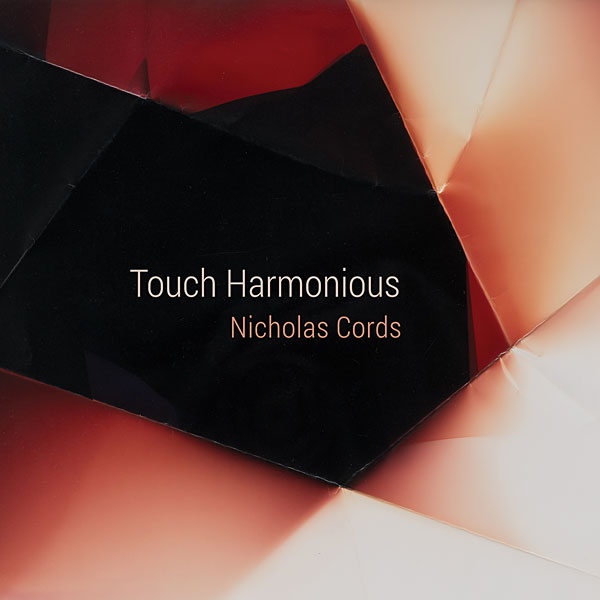
Nicholas Cords: Touch Harmonious
Cords, viola
In a Circle Records ICR018 (CD, auditioned in 16/44.1), 2020. Nicholas Cords, Jody Elff, prods.; Jody Elff, eng.
Performance ****
Sonics ****
As violist for both the Silkroad Ensemble and Brooklyn Rider, a string quartet of young guys who mix Glass, Sting, and Shaw with Haydn, Bartók, and Beethoven, Nicholas Cords is accustomed to moving through music of diverse centuries and cultures. How fitting, then, that his second solo album, Touch Harmonious, brings the Baroque era into the present with a mix of cello masterpieces and new commissions that find unity in the music of J.S. Bach. Stitched together by Bach's beloved and irresistibly tuneful Cello Suite No.1 in G Major (arranged for viola), whose themes resurface in Britten's Cello Suite No.3, Op.87 (written for but never recorded by Mstislav Rostropovich) and Anna Clyne's "Rest These Hands," the album mixes two Baroque-influenced pieces written for him, Dmitri Yanov-Yanovsky's "Short Epitaph" and Dana Lyn's "endlessly i would have walked," with 18th century works by Abel and Handel.
What stands out most is how big-boned and beautiful his close-miked viola sounds. His viola may not be able to harness the weight, dynamic range, bite, and technical freedom of Pieter Wispelwey's cello on his recording of Bach's Cello Suite No.1 for Channel Classics—no doubt the limited dynamic range of Red Book PCM vs DSD64 also plays a part—but he is almost as convincing. The album has a few little blemishes and one major misstep—a Handel aria that lacks a singer's expressive flexibility—but there are also huge successes. The Britten is tremendous, and the new works fascinating for their time-traveling profundity and ability to showcase the viola as a medium for both joy and sorrow.—Jason Victor Serinus
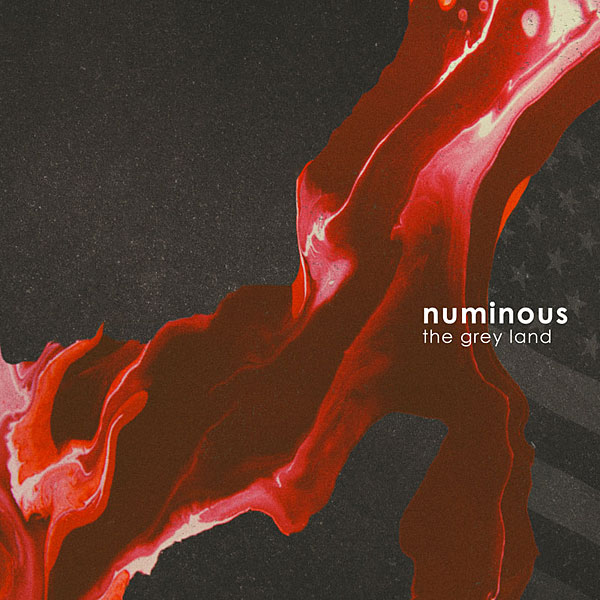
Joseph C. Phillips Jr.: The Grey Land: A Mono-Opera
Rebecca L. Hargrove, soprano; Kenneth Browning, narrator; Numinous, Phillips, cond.
New Amsterdam Records (CD, auditioned in 24/96 WAV). 2020. Phillips, Oded Lev-Ari, prods.; Ryan Streber, eng.
Performance ****
Sonics ****
Calling one's creation a "mono-opera" risks sounding like you're flirting with the disease that exhausted some of us in our youth. But Joseph C. Phillips and Numinous, his flexible instrumental ensemble, harness a haunting and deeply moving amalgam of monologue, song, and wordless vocal/instrumental passages to explore a disease prevalent among Americans of all ages: the divisions born of racial prejudice and inequity. With a quote from prescient American author Richard Wright as its preface—my father was Wright's lawyer ca 1950—Phillips joins his own words with those of Supreme Court Justice Sonia Sotomayor, abolitionist Frederick Douglas, Mothers of the Movement, and others to convey the pain of a Black mother who loses her son to police violence.
Shorn of the safety net of historical distance that enables us to shake our heads, weep, and then walk away from the tragedies of yore, The Grey Land plants us resolutely in the present. Its seeds may lie deep in the soil of the American experience, but its immediate impetus grew out of the racial confrontations of Ferguson, Missouri, in the summer of 2014.
As much as the libretto addresses the core of the issue, it's Phillips's score that defines the pain as universal. Anything but hectoring and maudlin, his restless, churning, and strangely beautiful music forges a path straight to the heart. Although the recording may lack the film, video art, and choreography that will grace The Grey Land in its final form, what we have here is so compelling and original that it must be heard.—Jason Victor Serinus
- Log in or register to post comments








